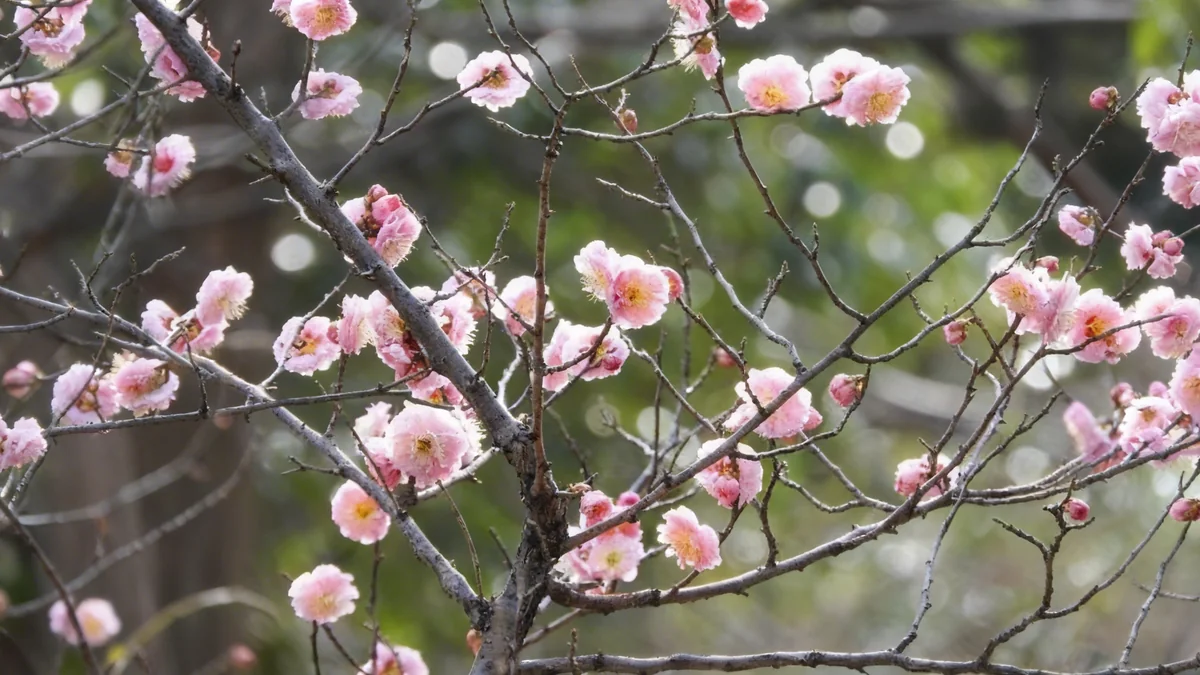Thailand's tourism sector is facing a significant challenge. Recent data from China's Golden Week holiday indicates that Thailand is no longer a top travel choice for Chinese visitors. Instead, it has become one option among many. Industry leaders warn that ongoing safety concerns and strong competition from other regional destinations are slowing recovery. This situation highlights an urgent need for Thailand to improve its quality and security standards.
Key Takeaways
- Thailand lost its 'must-visit' status for Chinese tourists during Golden Week.
- Safety concerns and regional competition are hindering tourism recovery.
- Chinese travelers now seek deeper cultural experiences and niche tourism.
- Thailand needs to upgrade safety, quality, and digital marketing strategies.
- The Thai baht's strength has reduced Thailand's price advantage.
Chinese Golden Week Reveals Market Shift
The National Day holiday in China, which ran from October 1 to October 8, 2025, saw a significant increase in overseas travel searches. Major Chinese travel platforms reported that these searches doubled during the period. However, the data also showed a clear preference for other destinations.
Japan remained the top choice for both searches and bookings among Chinese travelers. Long-haul destinations such as France and Italy also attracted considerable interest. South Korea entered the top ten, partly due to a new visa-free policy for pre-booked Chinese tour groups.
Adith Chairattananon, Secretary-General of the Association of Thai Travel Agents (ATTA), stated that the Golden Week results reflect a "crucial structural change" in the Thai market. "In the past, Thailand was almost a 'can't-miss destination.' This year, while we remain high on online platforms, the former intense enthusiasm has cooled, and growth is slowing," Adith explained.
Fact: Overseas Travel Searches Doubled
During China's Golden Week holiday (Oct 1-8, 2025), overseas travel searches on major Chinese platforms doubled, indicating strong outbound travel interest.
Factors Influencing Traveler Choices
Several factors contribute to Thailand's decreased appeal. While Thailand's visa exemption policy and its familiar image help maintain some popularity, economic changes have eroded its competitive edge. The strengthening Thai baht has led to rising costs for tourists, making Thailand less affordable compared to previous years.
Competitors like Vietnam and Malaysia have also increased their marketing efforts and promotions. These countries are now successfully attracting many Chinese tourists, diverting traffic that might have otherwise gone to Thailand. The shift in traveler preferences is also a key element.
Evolving Demands of Chinese Visitors
Chinese tourists are changing how they travel and what they seek in a destination. The trend of large tour groups is declining. Instead, smaller groups and independent travelers are becoming more common. This shift requires destinations to offer more flexible and personalized experiences.
- Destinations: While popular spots like Phuket's beaches remain attractive, smaller islands such as Koh Chang and Koh Lipe are gaining interest. These islands offer different types of experiences, appealing to those seeking less crowded or more unique locations.
- Experience: The focus on "photo check-in" tourism, where visitors primarily seek Instagrammable spots, is decreasing. There is a growing demand for deeper cultural experiences. This includes exploring local community life in Chiang Mai or engaging with contemporary art scenes in Bangkok.
- Safety & Cost: Despite government initiatives, safety concerns persist among some tourists. These concerns sometimes lead visitors to avoid nighttime activities. Additionally, a clear division exists between those willing to pay more for luxury dining and those seeking affordable street food. However, the latter group often expresses worries about hygiene standards.
Background: Golden Week Impact
The Chinese Golden Week is a crucial period for global tourism. It often indicates trends for the coming year. A decline in enthusiasm for a specific destination during this time can signal underlying issues that need attention.
Addressing Safety Concerns and Building Confidence
Sisdivachr Cheewarattanaporn, an advisor to ATTA, believes that the current low arrival numbers are a direct result of safety anxieties. He noted that negative information about Thailand circulating within China fuels these concerns. This negative communication can significantly impact travel decisions.
"I believe China has passed its lowest point; the numbers are just stable now. But for China to gradually return, Thailand must address safety issues seriously," Sisdivachr emphasized. He called on the new Prime Minister and government to communicate effectively. This includes building genuine confidence among potential visitors and solving problems like call center scams and illegal drug use. If these issues are addressed successfully, Thailand could aim to attract 5 million Chinese tourists.
Adith Chairattananon agreed with this assessment. He stated that the current challenge requires improvements in four key areas. These areas are vital for Thailand to regain its competitive edge and attract more Chinese visitors.
Four Key Areas for Tourism Elevation
- Safety and Quality Standards: It is crucial to continually verify and uphold high safety and quality standards. This will help restore traveler confidence and ensure a positive experience for all visitors.
- Niche Products: Instead of a broad, "one-size-fits-all" marketing approach, Thailand should focus on niche tourism products. This includes promoting luxury travel, wellness retreats, and deep cultural immersion experiences. These offerings can appeal to specific segments of the market.
- Digital Marketing: Utilizing data and Chinese social media platforms is essential for targeted marketing. This allows Thailand to reach specific segments of Chinese travelers with tailored messages and promotions, increasing effectiveness.
- Sustainability: Linking environmental conservation and local communities with the tourist experience is increasingly important. Younger Chinese tourists, in particular, show growing ecological awareness. Integrating sustainability into tourism can make Thailand a more attractive destination for this demographic.
The need for these changes is immediate. Thailand's tourism sector must adapt to the evolving demands of Chinese travelers. By focusing on safety, quality, and targeted experiences, Thailand can work towards restoring its position as a preferred destination.
Statistic: 5 Million Chinese Tourists Target
If Thailand successfully addresses safety concerns and improves communication, industry experts believe it could attract 5 million Chinese tourists.
Future Outlook for Thai Tourism
The government's response to these challenges will determine the future of Chinese tourism in Thailand. Proactive measures in safety, marketing, and product development are necessary. The global tourism landscape is highly competitive. Destinations that can adapt quickly to changing traveler preferences are more likely to succeed.
Thailand has a strong foundation in tourism, but the recent Golden Week results indicate a need for strategic adjustments. The emphasis on genuine experiences, safety, and sustainability aligns with modern travel trends. Implementing these changes effectively will be key to long-term growth.





